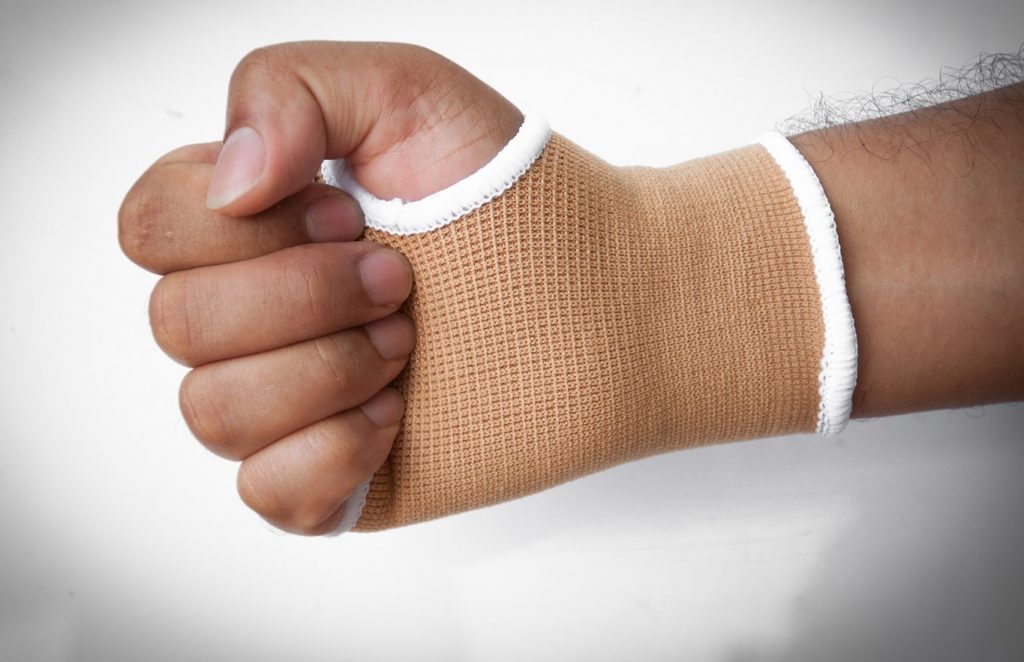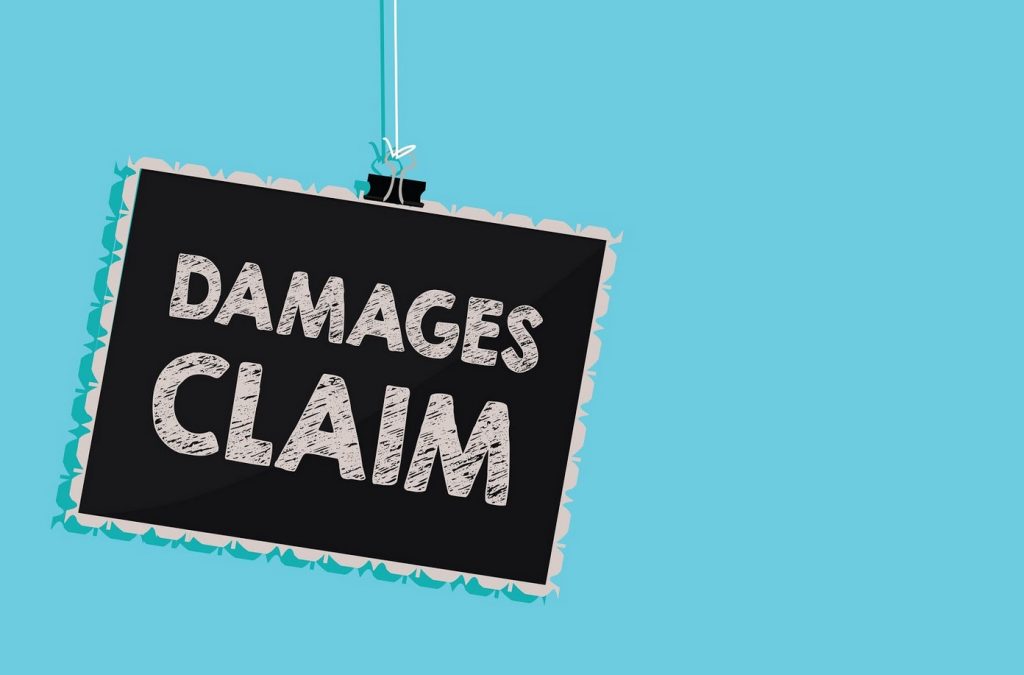There are two kinds of expenses you can recover in a personal injury lawsuit. One is easy to prove, and one is not. Economic damages are expenses you can easily prove with receipts and records. Non-economic damages are not as definable and are harder to prove. Any personal injury lawsuit is likely to involve both, and it can get very complicated, so you need an experienced personal injury lawyer, such as one from Wapner Newman, to help you with your case.
Types of damages

Economic damages are things that can be easily defined and measured. Things such as medical bills, supplies, and therapy are things you need to keep records and receipts for. Loss of income from missed time at work, as well as future earnings if you are disabled, would also fit this category. Any loss you can objectively prove with records is considered economic damage. General and special damages are also terms used that mean the same thing.
Non-economic losses are just as real, but harder to define. This can include pain and suffering, disfigurement, or the loss of ability to enjoy life. If you lose a spouse that would be non-economic damage. Emotional trauma such as stress, anguish, and anxiety, are also damages that are real but are hard to define objectively. An experienced personal injury lawyer is most valuable with these kinds of losses.
Court costs and legal expenses are not directly recoverable, but they will come out of your settlement. The payment your attorney receives will also come out of your settlement, so that should also be figured into the equation during negotiations
There are also punitive damages in rare cases, where the defendant was malicious or intentional in causing you an injury. Most personal injury cases are caused by negligence rather than intentional injury.
About personal injury suits

Personal injury lawsuits are filed in civil court. There may or may not be criminal charges in your case, but criminal cases are about crime and punishment. To get compensated for your losses you must go to civil court.
In criminal court, cases must be proven beyond a reasonable doubt, meaning you have to offer a lot of proof that certain things happened. In a civil case, there is no need for being beyond a reasonable doubt. You must only prove the likelihood that something happened with a preponderance of the evidence. Proving non-economic damages is the hardest part in a civil case.
Who is at fault?

Personal injury cases often involve falling or slipping, and the suit alleges the property owner was negligent by either creating a hazard or failing to warn people the hazard might exist. A store not posting a wet floor sign where there is some moisture on the floor, would be negligence. Automobile accidents can also be caused by negligence, such as a person running a stop sign.
Another angle to this is how much negligence was involved, or how much the victim contributed to the accident.
If you are partially responsible or did not take reasonable steps to avoid the accident, you could lose some or all of the damages that could be recovered. Comparative or contributory fault are terms used that reduce the number of damages you may be able to recover.
In four states, and the District of Columbia, the rule of pure contributory negligence is in place. This means if you had any fault at all in the accident, you will not be entitled to any recovery. In 12 states your ability to recover is reduced by the percentage of fault you had in the accident. The court could rule that you had 10 percent of the fault, so your settlement would be reduc5ed by that amount. In 11 states you must be 50 percent or less at fault to collect damages. In 22 states that percentage is 51 percent.
Medical expenses

Because it is a personal injury, you are going to have a lot of medical expenses, and this is normally the biggest part of any injury claim. It is important to keep records as these are expenses that can be measured.
This can include expenses you had at the time of injuries, such as emergency medical care and treatment. It also includes treatment until the time of your trial, and into the future.
Insurance can make this complicated and your personal injury lawyer is invaluable at this time. Insurance companies have deals with hospitals and doctors to get a reduced rate. For instance, if a treatment costs $1,000, an insurance company may get a discount rate of $800. The question then becomes, which one is the injured person entitled to. Some states have specific rules here, but it is often worked out in the negotiation of your settlement.
Lost income

If you are seriously injured, you may miss a significant time off work and lose some wages. These can be recovered, which includes the actual wages, vacation pay, overtime, or any compensation you might have received if you had been working.
Part of this is easily proven, but future wages may also need to be negotiated. If you were injured to the point of not being able to work anymore, or if your injury forces you to change jobs, you may be entitled to some compensation.
Out of pocket and property damage

There are many out-of-pocket expenses that you may have as a result of an injury. This can be medications, payment for a rental car, medical equipment, or anything where you have to pay from your own money. Property damage can be something like your car damaged, or anything that was damaged in an accident.
Non-economic or general damage

These are damages that are not easily defined, and you need an attorney to help with negotiations on these issues.
- Pain and suffering are hard to measure, but it can be quantified through negotiations.
- Emotional distress is another area hard to define, but there is bound to be emotional distress with any serious injury.
- Loss of enjoyment could be something like not being able to participate in hobbies you enjoy because of your injuries.
- Loss of consortium is a term used to describe the loss of a relationship if a spouse is killed in an accident.

